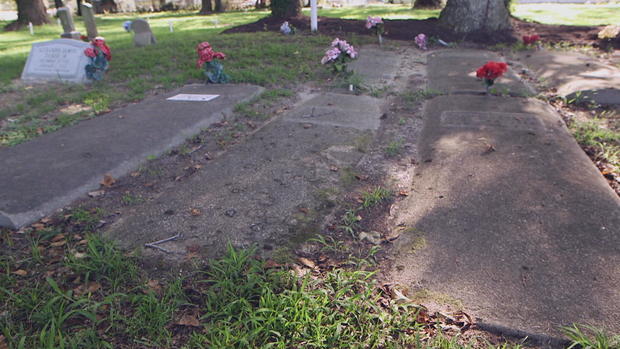Scores of people in America have, this month, been marking 400 years since the first African slaves landed in Jamestown, Virginia.
In 1619, a British ship landed on the shores of Virginia in what was then a British colony. John Rolfe, the plantation owner and official overseeing the colony noted that the English ship, White Lion, “brought not anything but 20 and odd Negroes”.
Having arrived at Point Comfort on the James River on August 20, 1619, this would mark the beginning of slavery in the American colonies.
In the U.S. today, these enslaved Africans have become the ancestors of the majority of the over 40 million African-Americans who have thrived over the years in the face of hurdles such as access to capital to fund and operate businesses due to years of racial and economic discrimination.
![Meet the black Tuckers of Virginia, descendants of America's first African family [VIDEO]](https://cdn.face2faceafrica.com/www/wp-content/uploads/2019/08/slave.jpg)
One of the activities to mark the 400-year-event have already started at the Tucker family cemetery, which is believed to be the burial place of some of the descendants of the first enslaved Africans to make the journey.
According to the Tucker family from Hampton, Virginia, years ago, they used ‘ground-penetrating radar’ to search a piece of their property and found 104 unmarked graves.
Members of the Tucker family believe that those graves are the remains of their ancestors, who were among the first enslaved Africans to arrive in 1619.

Like many African Americans, the Tuckers have struggled to trace their roots. According to USA Today, the Tuckers have no genealogical or DNA evidence linking them to those first Africans, but they have oral history and family lore.
60-year-old Carolita Jones-Cope said oral history connects her family to Captain William Tucker, whose plantation was a quarter-mile from where the Tucker family cemetery is found today.
“Captain William Tucker was the commander of Point Comfort … and he kept two of those servants, Anthony and Isabella,” Cope was quoted by CBS News. “In 1624, it lists that Anthony and Isabella had a child, William, and that he was born and baptized. … That was the start of our family and legacy here in Virginia.”
“…it’s a nice lookin’ family,” Vincent Tucker said of his forebears. “To look at the way that they’re dressed … they walk with their heads up, you know, with pride, dignity.”
“They were smart people. They were strong people. They were hardworking people.” “And that just gives me so much pride, knowing that that’s the stock that I come from,” Cope added.
The Tucker family will be featured in a new exhibit honouring the first Africans landing at Point Comfort. The site has since been renamed, Fort Monroe. Former President Barack Obama named Fort Monroe a national monument in 2011, recognizing the site’s role in American history.
Historical accounts had previously believed that the first Africans came from the Caribbean, but later details showed that they came from the kingdom of Ndongo, in present-day Angola.
According to the Hampton History Museum, they were captured there by Portuguese colonists and sent to the port of Luanda on board the slave ship São João Baptista.
![Meet the black Tuckers of Virginia, descendants of America's first African family [VIDEO]](https://cdn.face2faceafrica.com/www/wp-content/uploads/2019/08/CDIADQYMVNH2FNVBRGWDP6Y3VI.jpg)
The ship, in all, carried about 350 enslaved people and was on its way to Veracruz, in present-day Mexico when it was intercepted by the English ship, the White Lion.
“The British crew robbed part of the Portuguese cargo, including a few dozen African captives – among those who had survived the brutal journey thus far. A few days later, it was at Point Comfort that the British vessel finally landed, in the hopes of trading the enslaved Africans for food and supplies,” according to a report by France 24.
The 20 enslaved Africans on the White Lion would become the first of the estimated 388,000 Africans captured from their homelands, forced onto ships and sold into enslavement in the United States.
As part of activities to commemorate 400 years since the first African slaves arrived in Virginia, many African Americans have been returning to the continent to commemorate the date and have a sense of connection with their forebears in Africa.
In Ghana, The Year of Return programme has already seen hundreds of African Americans visit Ghana to experience the history, culture and tradition upfront.
For the Tuckers, connecting to where they came from means accepting where they are today.
“We’re not going any place. We are here,” said Julia Hurling, another member of the family. “This is where we belong because our people helped to make America what it is. … Regardless of whether they try to push us out or tell you to go back home or whatever it is, we are home. We are home and we are here,” she was quoted by CBS News.
The following video has more:










